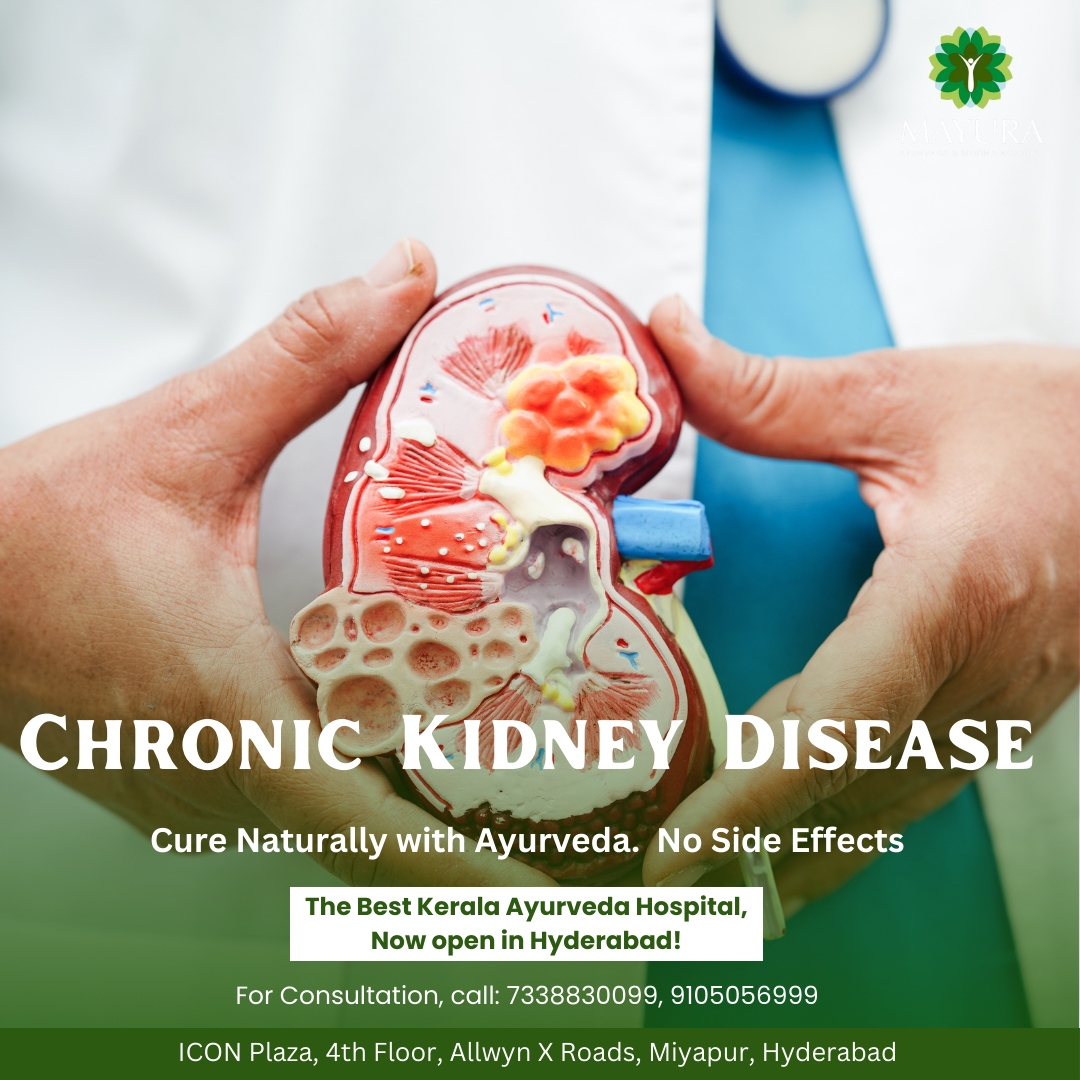Chronic Kidney Disease (CKD) is a prevalent health condition affecting millions worldwide, characterized by the gradual loss of kidney function over time. Understanding its nuances is vital for effective management and prevention.
What is Chronic Kidney Disease (CKD)?
CKD is a progressive condition wherein kidneys gradually lose their ability to function adequately. It can result from various factors, including diabetes, high blood pressure, glomerulonephritis, and polycystic kidney disease. Early stages of CKD may exhibit no symptoms, making regular screenings crucial, especially for individuals with risk factors.
Symptoms and Complications
As CKD progresses, symptoms such as fatigue, swelling, persistent itching, and changes in urine output may manifest. Complications include high blood pressure, anemia, bone disease, and cardiovascular issues. Early detection and intervention can mitigate these risks and improve outcomes.
Diagnosis and Screening
Diagnosing CKD involves assessing kidney function through blood tests, urine tests, and imaging studies. Routine screenings are recommended for individuals with risk factors, including those with diabetes, hypertension, or a family history of kidney disease.
Management and Treatment
Managing CKD involves lifestyle modifications, medication, and, in advanced stages, dialysis or kidney transplantation. Adopting a balanced diet low in sodium, potassium, and phosphorus, maintaining a healthy weight, and managing underlying conditions like diabetes and hypertension are integral to slowing CKD progression.
Preventive Measures
Preventing CKD entails managing risk factors effectively. This includes maintaining a healthy lifestyle, regular exercise, avoiding smoking, and monitoring blood pressure and blood sugar levels diligently. Early detection of conditions predisposing to CKD is crucial for timely intervention.
Conclusion
Chronic Kidney Disease poses significant health risks, but proactive management can improve outcomes and enhance quality of life. Understanding risk factors, symptoms, and available treatments empowers individuals to take charge of their renal health effectively.
















